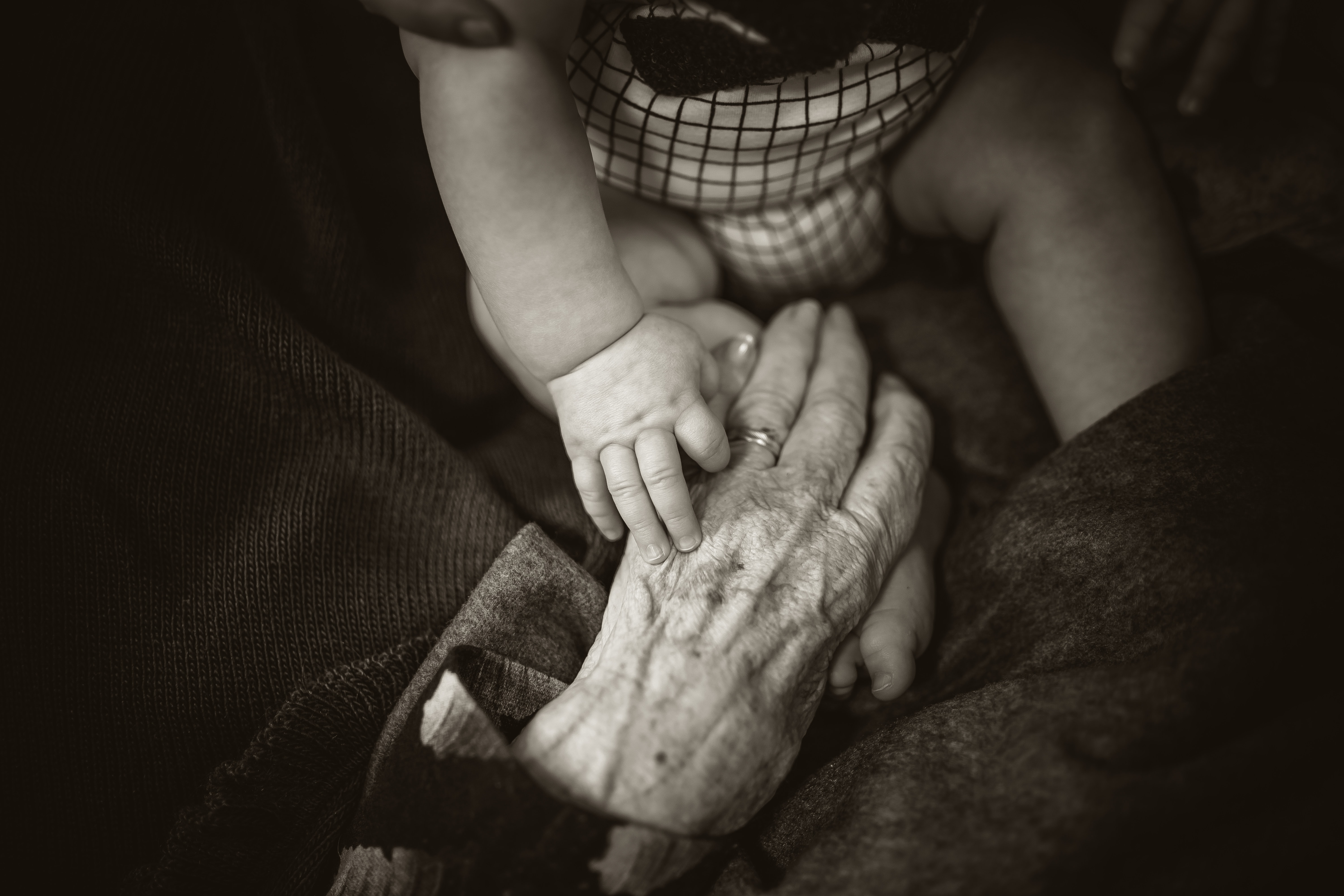
On Valentine’s Day, many people express their love to their soulmate with cards, chocolates and gifts, however, as scientists remind, there is another way to show your affection for a loved one, romantically, in a friendly, social way: With caress.
Research shows that social interaction is essential for a person’s mental health, helping to reduce stress and pain, as well as building strong bonds.
The social isolation caused by the quarantine due to the coronavirus pandemic has caused many people the so-called “skin hunger”the biological need for human touch in the context of broader mental health issues.
A 2021 study on a sample of 1,500 participants found that deprivation of close touch from close family members and partners was associated with intense feelings of anxiety and loneliness. On the other hand, the absence
the touch of friends, acquaintances, colleagues did not have the same effect on mental health.
How can we feel the social touch
Social touch is considered so important to our psychosomatic state that we have special skin cells that recognize it.

As scientists say, our skin allows us to distinguish the nature of each touch through subtle touch which allows us to feel the pressure, texture and vibration of objects. In addition, there are sensors on our skin known as C tactile fibers (C-tactile fibers), which are very sensitive to the social touch of people and the gentle caress of a loved one.
In general, science recognizes intimate contact between loved ones as an important factor emotional balancewhile contact between people in a social/professional environment is essential in stress management.
In fact, all mammals that have been studied to date have a C tactile fiber, indicating that these sensory cells – and therefore the ability to recognize social touch – are preserved through the evolution of the species, according to Ismail Abdus-Sabur, a biologist at Columbia University who specializes in tactile research.
Benefits of social contacts
Social touch causes her release oxytocinalso called the “love hormone”, which is believed to reduce stress and pain.
A study by Marianne von Mohr, a social perception researcher at Queen’s Holloway University in London, found that lovers felt less pain when their partner caressed them slowly and gently, compared to faster touches. Other studies have shown that hugs increase intimacy between couples.
Experiment”
In one study, 84 adult women took part in an experiment demonstrating the power of affection in cases of social isolation. Each participant played Cyberball with two other players who, unbeknownst to the women, were bots and gradually stopped throwing the virtual ball at them.
When this happened, the participants developed a sense of social isolation, which even led to “one of them breaking the computer,” von Bohr explains.
However, when the experimenters later gently consoled half of the participants, their sense of social isolation eased. A quick touch on the other halves, which by its very nature did not activate the C-tactile fibers, did not give them the same relief.
As von Mohr says, this touch is like the comfort a mother offers to her child after a similar experience of social trauma. “Sometimes we do it without realizing how good it is,” he notes.
What research has shown in mice
A study this month showed that direct stimulation of neurons in female mice — neurons similar to C-tactile fibers in humans — can release dopapime, an important brain neurotransmitter associated with reward. These Mrgprb4 neurons are also required by female mice to be sexually receptive to males.
Using optogenetics, a neuroscience technique that allows scientists to manipulate the activity of specific neurons by shining light on them, the researchers activated Mrgprb4 sensory cells on the back, an important region of the rodent body.
The researchers saw the female lower her back in response to the light, indicating that the males are sexually receptive.
Stimulation of these sensory neurons and sexual behavior triggered the release of dopamine in the brain area associated with reward in both women and men.
However, when the researchers stopped stimulating the Mrgprb4 neurons, the sexual experience no longer triggered the release of dopamine, and female mice began to sexually reject males.
In the long term, this research may prove useful in future therapies where skin sensitivity is used to treat trauma or depression.
“Just by activating these neurons in the skin, you actually give the brain free reign. It’s kind of like a goldmine,” insists Lea Elias, a researcher at Johns Hopkins University who conducted the study.
Source: Kathimerini
Ashley Bailey is a talented author and journalist known for her writing on trending topics. Currently working at 247 news reel, she brings readers fresh perspectives on current issues. With her well-researched and thought-provoking articles, she captures the zeitgeist and stays ahead of the latest trends. Ashley’s writing is a must-read for anyone interested in staying up-to-date with the latest developments.